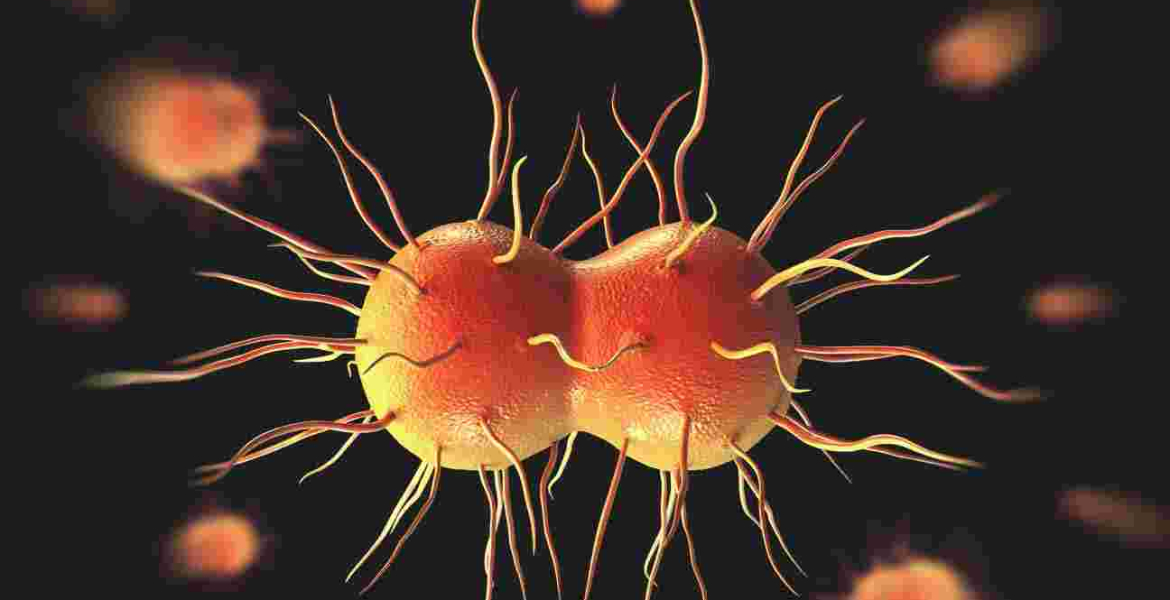Alarm as Kenya Scientists Discover New Strains of Gonorrhea and Chlamydia

Scientists at the Kenya Medical Research Institute (Kemri) have discovered two new strains of gonorrhea and chlamydia, with Kenyans being warned to be vigilant.
Nation reports that the discovery was made following an inquiry into the rising cases of sexually transmitted infections (STIs) in two hospitals in Busia County, which borders Uganda.
The assistant principal research scientist at Kemri’s Center for Microbiology Research Prof. Samson Muuo said all the 424 Kenyan women aged 15 years and above sampled from the two hospitals returned positive results for gonorrhea and chlamydia.
“This information was collected under socio-demographic characteristics that is still under analysis and so we will soon know how many used protection, the histories with using antibiotics as many indicated they have used them before, comorbidities if any and if they have had similar infections before,” Muuo said.
“The two new mutations we identified in MtrR and 23S rRNA genes associated with macrolide resistance were not from a common ancestral origin from the previously reported one. Busia being a border town gives an interesting approach about the disease's spread. Hypothetically, it can be assumed that these mutations will spread between the two regions.”
Macrolides are a class of drugs used to manage and treat various bacterial infections.
Consecutive sampling was used to collect endocervical swabs from women who presented symptoms of STIs.
“Neisseria gonorrhoeae, Chlamydia trachomatis and Mycoplasma genitalium were detected from all 424 women who met inclusion criteria,” the findings state. “Sequencing for the macrolide-resistant genes of interest was subsequently done and data analyzed for point mutations and evolutionary relationships.”
Prof. Muuo said the mutations of gonorrhea and chlamydia they found were attacking as a pair.
“Co-infection is not new in diseases and so the phenomenon exhibited in the study is expected when one is exposed to the different pathogens. This also indicates that the STIs are prevalent in that region,” he told Nation.








Comments
Easy fix … stop fackin…
Permalink
Easy fix … stop fackin around!!!
Make it clear@ Juju The…
Permalink
In reply to Easy fix … stop fackin… by Juju (not verified)
Make it clear@ Juju The principle of -caveat emptor is the linchpin here.. It is the' fackin' in the bacteria infested hole that should be avoided.And it's the duty of the"facker" to make sure that they are dipping in a clean well...Yes I know in the 'well' there are all kinds of bacteria,but obviously I am dicting my comment on the harmful ones; like the one shown in the picture.
https://www.youtube.com…
Permalink
https://www.youtube.com/watch?v=eK47RCRk_gs
This video clip says it all. Iam not morally superior to any other man,but when one goes and mounts a prostitute without protection,especially when they are married or in acommited relationship,I have to wonder what is going on in their heads. Sadly, even when AIDS was so scary and was labelled as a death sentence,men still sorted un protected sex with prostitutes.Shocking!...
The long version of this article,in the Daily Nation says that some of these prostitutes are 15 years old.
Anyway, what I would like to know is what drives men to make such irrational decisions. Is sex that important to risk one's life over?This is in light of other "legal" avenues to get the sex.Or is it that some men just like danger?I wonder.
Unlike malaria as an example,getting STI is self inflicted.With the knowledge we have as a society,nobody should be getting STI,but still we do.Why?
With the younger generation…
Permalink
With the younger generation having the morals of a bunny rabbit, it was just a matter of time before a new deadly strain came along.learn to wear a mask below the belt
It's a matter of which head…
Permalink
It's a matter of which head you're using to think before jumping in these swimming pools.
Add new comment